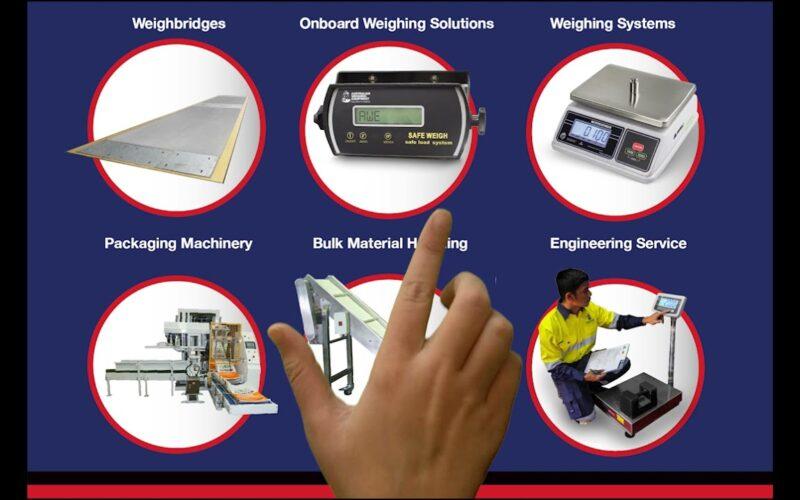
Weighing equipment plays a crucial role in various industries such as manufacturing, logistics, agriculture, and mining. In Australia, weighing equipment is widely used in these industries to ensure accurate measurements of products and materials. This article provides an overview of Australian weighing equipment, including its types, applications, and regulations.
Types of Weighing Equipment
Australian weighing equipment can be classified into various types based on their functionality and applications. Some of the commonly used types of weighing equipment in Australia are:
Platform Scales:
These are heavy-duty scales that can weigh large items and are used in industries like shipping, manufacturing, and agriculture. They are available in various sizes and capacities, and can be either manual or electronic.
Industrial Scales:
These are used in manufacturing plants and warehouses to weigh materials such as raw materials, finished goods, and packaging. They come in various designs, including bench scales, floor scales, and crane scales.
Laboratory Balances:
These are used in scientific research and development applications to measure small quantities of materials accurately. They are available in different types such as analytical balances, precision balances, and top-loading balances.
Weighbridges:
These are large scales that are used to weigh heavy vehicles such as trucks, trailers, and buses. They are designed to withstand heavy loads and are used in industries such as logistics, mining, and waste management.
Applications of Weighing Equipment
Weighing equipment is used in various industries in Australia. Some of the common applications of weighing equipment in different industries are:
Agriculture:
Weighing equipment is used in agriculture to weigh crops, livestock, and farm equipment. It is essential for farmers to know the accurate weight of their products and materials to ensure proper pricing and inventory management.
Logistics:
Weighing equipment is used in logistics to weigh goods, vehicles, and shipping containers. Accurate weight measurements are crucial for safe and efficient transport of goods, compliance with regulations, and proper pricing.
Mining:
Weighing equipment is used in the mining industry to weigh minerals, ores, and waste materials. It is critical for mining companies to know the accurate weight of the materials they extract to ensure proper pricing, inventory management, and compliance with regulations.
Manufacturing:
Weighing equipment is used in manufacturing to weigh raw materials, finished products, and packaging. Accurate weight measurements are essential for quality control, inventory management, and compliance with regulations.
Regulations for Weighing Equipment
In Australia, weighing equipment is regulated by the National Measurement Institute (NMI). The NMI is responsible for ensuring that weighing equipment used for trade or commercial purposes is accurate, reliable, and consistent with national measurement standards.
All weighing equipment used for trade or commercial purposes in Australia must be verified by the NMI and have a certificate of approval. The certificate of approval indicates that the weighing equipment meets the national measurement standards and is suitable for use in trade or commercial applications.
Additionally, weighing equipment must be regularly inspected and maintained to ensure its accuracy and reliability. Weighing equipment that fails to meet the national measurement standards must be repaired, recalibrated, or replaced.
Conclusion
Weighing equipment is essential for various industries in Australia, including manufacturing, logistics, agriculture, and mining. There are different types of weighing equipment, such as platform scales, industrial scales, laboratory balances, and weighbridges, that are used for different applications. The National Measurement Institute regulates the use of weighing equipment for trade or commercial purposes in Australia and ensures that the equipment meets the national measurement standards. Accurate weight measurements are crucial for safe and efficient transport of goods, compliance with regulations, and proper pricing.





